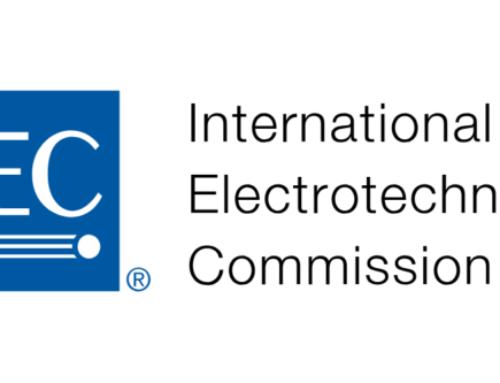On 18 October 2022, the State Administration for Market Regulation (SAMR) partnered with 8 other ministries and jointly issued the Implementation Plan for Establishing and Improving the Measurement System for Carbon Peaking and Carbon Neutrality Standards (hereinafter referred to as “the Implementation Plan”).
The legal basis of the Implementation Plan covers a series of national issues such as the Working Guidance for Carbon Dioxide Peaking and Carbon Neutrality in Full and Faithful Implementation of the New Development Philosophy, the Outline for National Standardization Development, the Action Plan for Carbon Dioxide Peaking Before 2030, and the Measurement Development Plan (2021-2035). The Implementation Plan is considered a significant component of China’s “1+n” policy for achieving carbon peak and carbon neutrality goals (hereinafter referred to as “the dual-carbon goals”). This document not only raises concrete working requirements for the construction of a measurement standard system but also serves as a roadmap for creating a fully covered, multi-dimensional and multi-layered standard system that would support China’s dual-carbon goals.
The main content covered in the Implementation Plan is presented below:
- Key goals including quantitative objectives:
- By 2025, construct a preliminary standard measurement system for dual carbon; carbon measurement and verification standards that would cover the main emission sectors. The development of critical technologies such as carbon capture, utilization and storage (CCUS) should be coordinated with relevant standard development. Newly drafting/developing no less than 200 measurement standards, and no less than 200 technical specifications would be formulated/revised; finish more than 1000 national and sector standards (including foreign language versions); practically participate in drafting or revision of no less than 30 international standards.
- By 2030, construct a better standard measurement system for dual carbon. Key technical parameters of energy consumption in critical sectors would reach an international level; the guiding and constraining role of standards will be reinforced; the working focus of standardization work would switch from supporting carbon peak to carbon neutrality.
- By 2060, the measurement system would be established with advanced technology and management.
- Framework
- 4 standard systems: basic general; carbon emission reduction; carbon removal standard system; market-relevant standard system:
- 3 measurement systems: technical system, management system and service system
- The main sectors involved: energy, industry, urban and rural construction, transportation, agriculture and rural areas, public institutions, people’s daily life
- The main technologies involved: carbon sink, CCUS, direct air carbon capture (DAC) etc.
For foreign stakeholders, the Implementation Plan will provide a concrete perspective that’ll better help to understand and discern China’s dual-carbon actions and policy direction. This will not reflect on the measurement system as it also shows consistency in concepts and principles with other dual-carbon policy or regulation documents. Meanwhile, for stakeholders who have business in the China market already, especially in the aforementioned sectors, more documents on standard system construction on the ministry and regional level are likely to be drafted in the future. Such documents may initiate impacts on the current business as they might pose new requirements and parameters to achieve the dual-carbon goals. So the compliance team of relevant enterprises are advised to pay attention.
Additional Information: full list of issuing ministries
State Administration for Market Regulation (SAMR)
National Development and Reform Commission (NDRC)
Ministry of Industry and Information Technology (MIIT)
Ministry of Natural Resources (MNR)
Ministry of Ecology and Environment (MEE)
Ministry of Housing and Urban-Rural Development (MOHURD)
Ministry of Transport (MOT)
China Meteorological Administration (CMA)
National Forestry and Grass Administration (NFGA)




